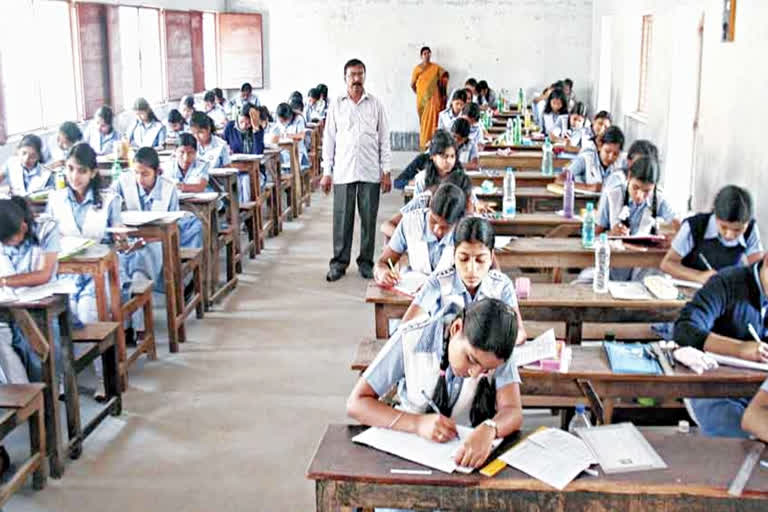Kolkata: A factually incorrect question on Netaji Subhas Chandra Bose in the language question paper of West Bengal Council of Higher Secondary Examination (WBCHSE) triggered an outrage on social media provoking the state board council president to assure all candidates that they will be awarded full marks for the question.
In the Bengali examination question paper, one of the questions states that Netaji Subhas Chandra Bose qualified for the Indian Administrative Service (IAS) exam. The examinees pointed out that this statement is factually incorrect because Bose had qualified for the Indian Civil Service (ICS) examination.
The question was essay-type in which candidates had to churn out an essay based on several stated facts. With the statement being factually incorrect, it led to confusion among the candidates. Soon after the examination concluded, several social media posts from varied experts flooded the internet.
Many pointed out the error on social media saying that the higher secondary council should have been 'careful'. Though there was no fault in the question paper otherwise, the pointers on Subhas Chandra Bose that said that he was an alumnus of Presidency College and that he qualified for the IAS examination were incorrect.
The board council president Chiranjib Bhattacharya consoled the students saying that it was a printing mistake and students will be awarded full marks even if they write IAS in place of ICS. Speaking to ETV Bharat, Bhattacharya said, “It is a printing mistake. At first, the service was called ICS, and then it became IAS. The question was factually incorrect. So if a candidate has written IAS in his answer script, he or she will be awarded full marks. All candidates will be awarded marks for the question. They do not have to suffer any additional problems.”
For the uninitiated, Netaji Subhash Chandra Bose left India in September 1919 and moved to England for higher education. He cleared the Civil Service Examination from Fitzwilliam Hall, University of Cambridge in 1920 and secured the fourth rank. However, the revolutionary quit service soon after as he did not want to work under the colonial government.



